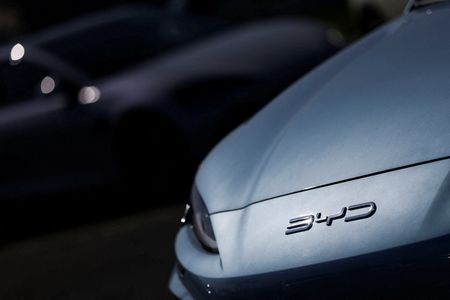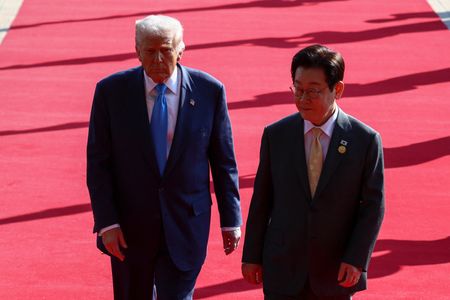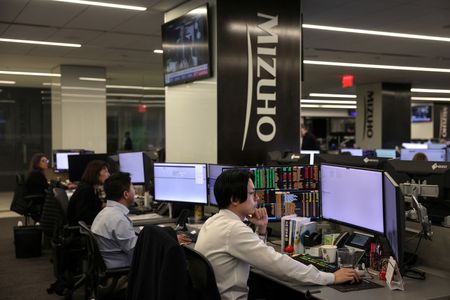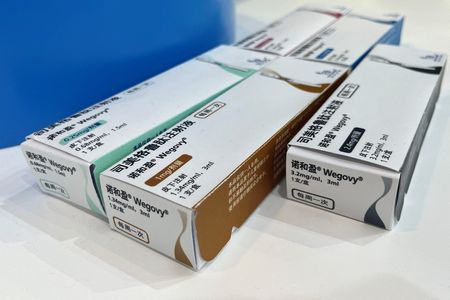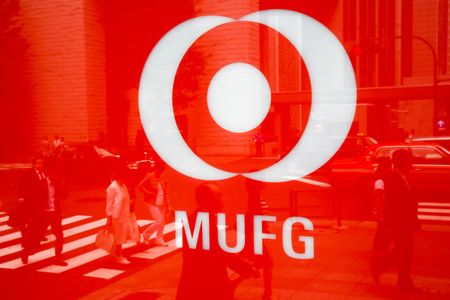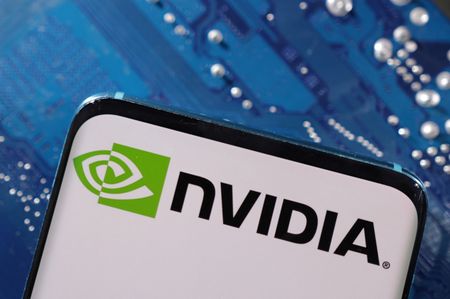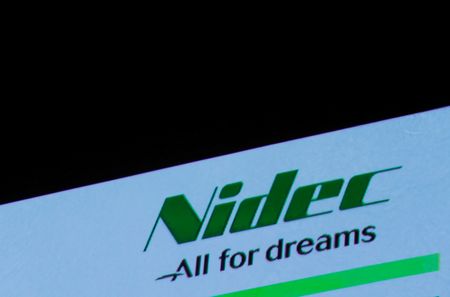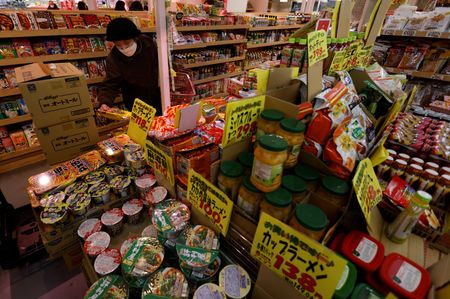(Reuters) -China’s BYD has told some suppliers it wants to stop using in-house financial notes to pay them, people briefed on the matter said – a seismic shift away from a practice that helped power its rise but has been criticised for disadvantaging its parts makers.
BYD, one of the world’s biggest electric vehicle makers, now wants to use commercial paper or bank notes to pay suppliers rather than promissory notes issued on Dilian, an electronic platform it launched in 2018, the people said.
Reuters was unable to learn the scope of the shift and the sources, who declined to be named due to the sensitivity of the topic, did not provide a reason for the change.
But a brutal price war in the Chinese auto industry has battered parts suppliers who have complained about increasingly long periods before being paid and pressure from automakers to cut prices. That in turn has prompted authorities to issue new rules that seek to greatly shorten payment times and improve industry practices.
DILIAN NOT DIRECTLY REGULATED China-focused Auto Business Review also reported last week that BYD has, over the past two weeks, started to move away from Dilian notes to bank notes or commercial paper. BYD said in a statement to Reuters that its Dilian system falls within regulatory guidelines and it has sped up payments to suppliers this year, but it did not address queries about the move away from in-house notes. Banks that partner with BYD did not respond to requests for comment.
China’s central bank, which regulates commercial paper and bank notes, declined to comment. With Dilian – whose Chinese name means “BYD supply chain” – BYD issues electronic IOUs, whereas other automakers in China generally use commercial paper, bank notes or cash, according to sources.Sources say that compared to commercial paper or bank notes, Dilian IOUs are not directly regulated by authorities and are perceived to carry a higher default risk. Cashing them in earlier than the set payment date can often cost more than bank notes.Dilian has helped BYD keep a tight lid on costs, and the automaker, which sells the vast majority of its cars in China, has managed to roll out new models at a dizzying pace. Analysts say the system allows the automaker to keep a large pile of cash on hand, meaning it does not need to rely much on other external sources of funding, which reduces its working capital costs. A shift away from Dilian could prove to be a headache for BYD at a time when sales are slowing, profits have fallen and it is planning to invest heavily overseas.
Last year, BYD took an average of 127 days to pay its suppliers and short-term creditors, LSEG data shows. Sources also said some Dilian notes have stipulated that payment is not due for periods as long as a year. By comparison, the industry average in China was 108 days, according to LSEG, which Reuters supplies news to. Many global automakers often pay their suppliers in less than 90 days, while less than 60 days is also common. Additionally, if BYD suppliers want to cash in their notes early with the automaker’s bank partners, they do so at a discounted rate. A discount rate of 6% for some BYD notes was cited by some sources.
Bank notes usually have a discount rate of less than 2% if cashed in early.
Hong Kong’s GMT Research said in January that BYD’s use of supply chain financing meant the company’s true net debt as of June 2024 was closer to 323 billion yuan ($45 billion), rather than the 27.7 billion yuan BYD reported in its earnings. BYD did not address Reuters queries about GMT’s assertions.
NEW RULES AND LOOPHOLES
BYD’s suppliers can use Dilian notes to pay their own contractors. That allows BYD to identify those lower-tier suppliers, which helps increase its bargaining power when negotiating prices, the sources said.
Dilian vouchers have also circulated widely outside BYD’s supply chain. A rivet manufacturer in Henan, which is not a BYD supplier, told Reuters it received Dilian vouchers as payment four to five times in the past two years.
Chinese regulators issued new rules that went into effect in June, which require automakers to pay suppliers within 60 days and stipulate that vendors can no longer be forced to accept non-cash payments like electronic IOUs or commercial paper. While BYD and other automakers pledged to abide by the new regulations, suppliers say there are loopholes. For example, automakers can delay paying by taking time to acknowledge the receipt of goods, they say. Separately but no less significantly, China’s financial regulators also said in April they would tighten their oversight of supply chain financing. Issuers of electronic IOUs like Dilian notes have been given a two-year grace period to improve “self-regulation” and have been told to monitor credit risks that might arise from the notes.
The changes to its Dilian system come at a time when BYD has a lot on its plate.
Its October sales volume fell 12% from a year ago, and its domestic market share, which this year accounts for over 80% of its total sales, slid to 13.2% from 19.1% a year earlier. Revenue also slipped 3% in the latest quarter, the first decline in more than five years, while profit tumbled by a third.
(Reporting by China newsroom; Editing by Edwina Gibbs)

